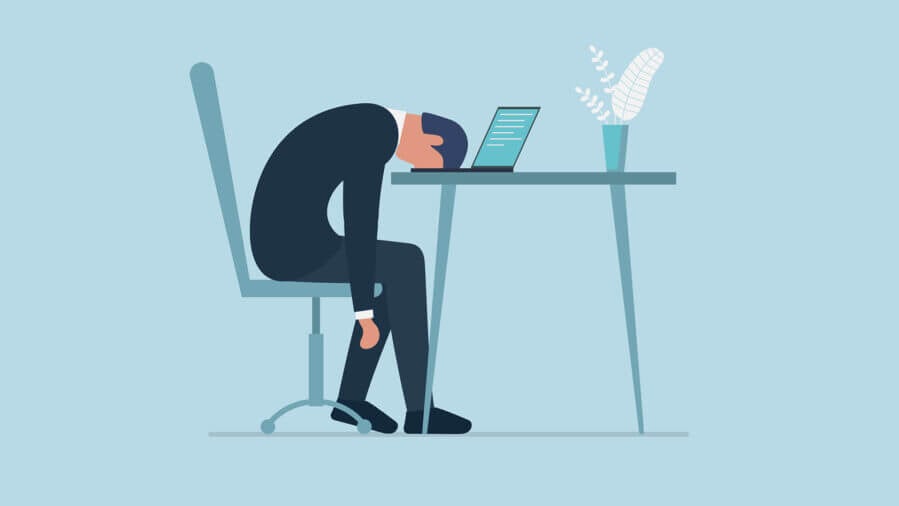Could your desk job be silently harming your heart? A new study from researchers at Mass General Brigham reveals that prolonged sedentary behavior is a significant risk factor for heart disease, even for those who exercise regularly. The findings highlight the critical importance of reducing sitting time to prevent heart failure and cardiovascular death.
Journal: Journal of the American College of Cardiology, November 2024, DOI: 10.1016/j.jacc.2024.10.065 | Reading time: 7 minutes
Study Highlights: Sitting and Heart Disease Risk
The study, led by Dr. Ezimamaka Ajufo, MD, a cardiology fellow at Brigham and Women’s Hospital, analyzed data from 89,530 participants in the UK Biobank. Participants wore activity trackers for one week, allowing researchers to measure sedentary time and its correlation with four major cardiovascular outcomes: atrial fibrillation, heart attacks, heart failure, and cardiovascular death.
Using a machine-learning algorithm, the team categorized sedentary behavior, defined as low-energy activities while sitting, reclining, or lying down (excluding sleep). They found that individuals who sat for more than 10.6 hours daily had a 40-60% greater risk of heart failure and cardiovascular death compared to those who sat less.
Interestingly, meeting the guideline-recommended 150 minutes of moderate-to-vigorous physical activity (MVPA) weekly only partially offset these risks. Dr. Ajufo noted, “Sedentary risk remained even in people who were physically active, which is important because many of us sit a lot and think that if we can get out at the end of the day and do some exercise, we can counterbalance it. However, we found it to be more complex than that.”
How Much Sitting is Too Much?
The study pinpointed a critical threshold: 10.6 hours of sitting per day. At this level, the risk of heart failure and cardiovascular death increased sharply. While physical activity helped mitigate the risks of atrial fibrillation and heart attacks, it was less effective for heart failure and cardiovascular death.
Dr. Shaan Khurshid, MD, MPH, co-senior author and electrophysiologist at Massachusetts General Hospital, emphasized the importance of reducing sitting time, stating, “Our data supports the idea that it is always better to sit less and move more to reduce heart disease risk, and that avoiding excessive sitting is especially important for lowering risk of heart failure and cardiovascular death.”
Encouragingly, the study found that substituting just 30 minutes of sedentary time with light or moderate activity significantly reduced these risks. For instance, reallocating 30 minutes of sitting to other activities reduced the risk of heart failure by 7% and cardiovascular death by 9%.
Implications for Public Health
These findings have broad implications for public health guidelines. While exercise is vital, the study underscores the separate importance of minimizing sedentary time. Dr. Patrick Ellinor, MD, PhD, co-director of the Corrigan Minehan Heart Center at Massachusetts General Hospital, explained, “Exercise is critical, but avoiding excessive sitting appears separately important. Our hope is that this work can empower patients and providers by offering another way to leverage movement behaviors to improve cardiovascular health.”
Future research aims to explore the long-term impacts of sedentary behavior across various diseases and the effectiveness of public health interventions designed to reduce sitting time.
Glossary
- Sedentary Behavior: Low-energy activities like sitting or reclining, excluding sleep.
- Moderate-to-Vigorous Physical Activity (MVPA): Physical activity that raises heart rate, such as brisk walking or jogging.
- Atrial Fibrillation: An irregular and often rapid heart rhythm that increases stroke risk.
- Heart Failure: A condition where the heart cannot pump blood effectively.
- Cardiovascular Mortality: Death caused by heart or blood vessel diseases.
Interactive Quiz
1. How much sitting time per day was linked to sharply increased cardiovascular risks?
More than 10.6 hours per day.
2. Can regular exercise fully offset the risks of sitting too much?
No, sedentary risk remained even for those meeting exercise guidelines.
3. Which cardiovascular outcomes were less affected by sitting time when physical activity was sufficient?
Atrial fibrillation and heart attacks.
4. How can individuals reduce their risk of heart failure and cardiovascular death?
By substituting 30 minutes of sitting with light or moderate activity.
Enjoy this story? Subscribe to our newsletter at scienceblog.substack.com


